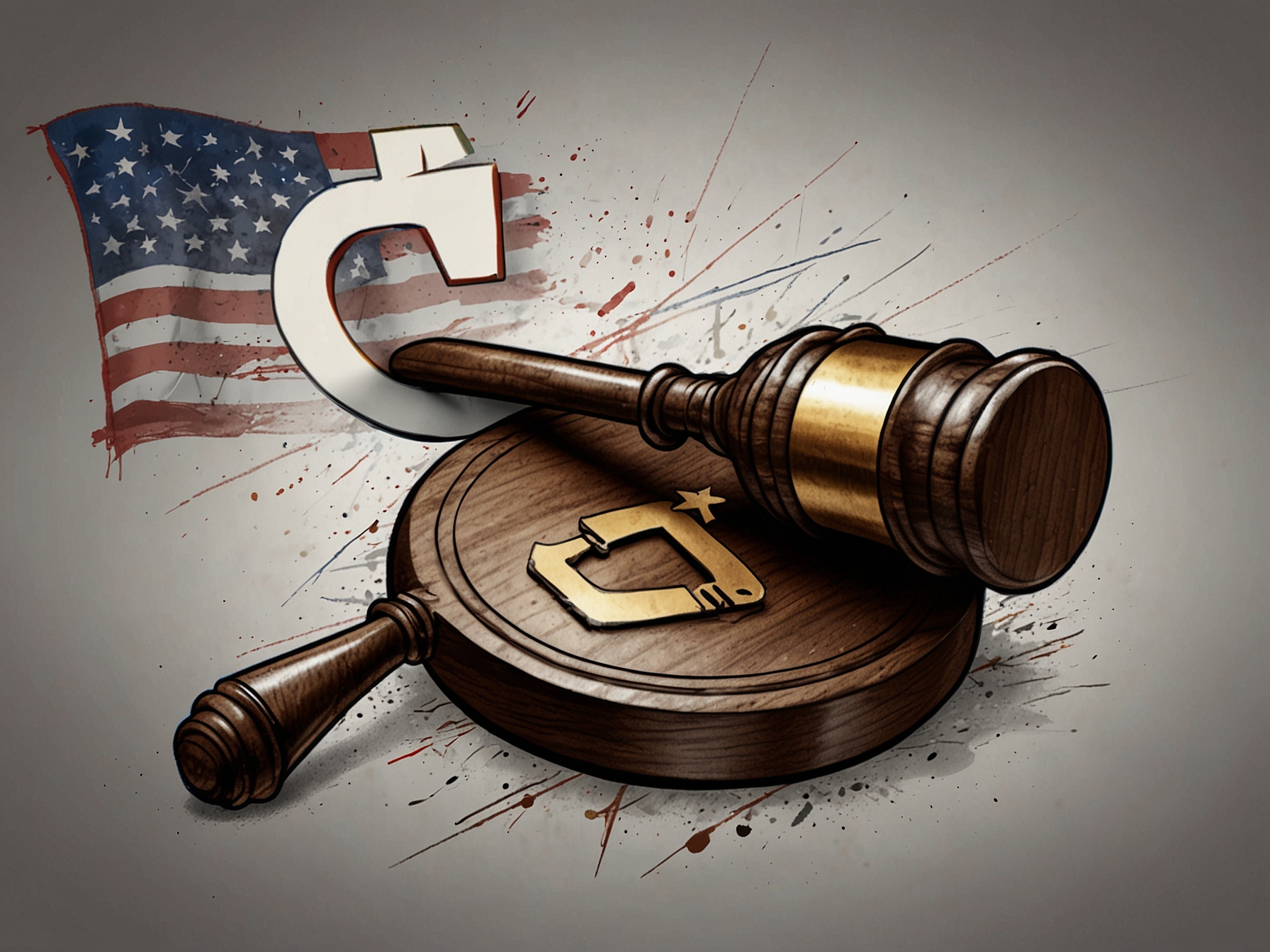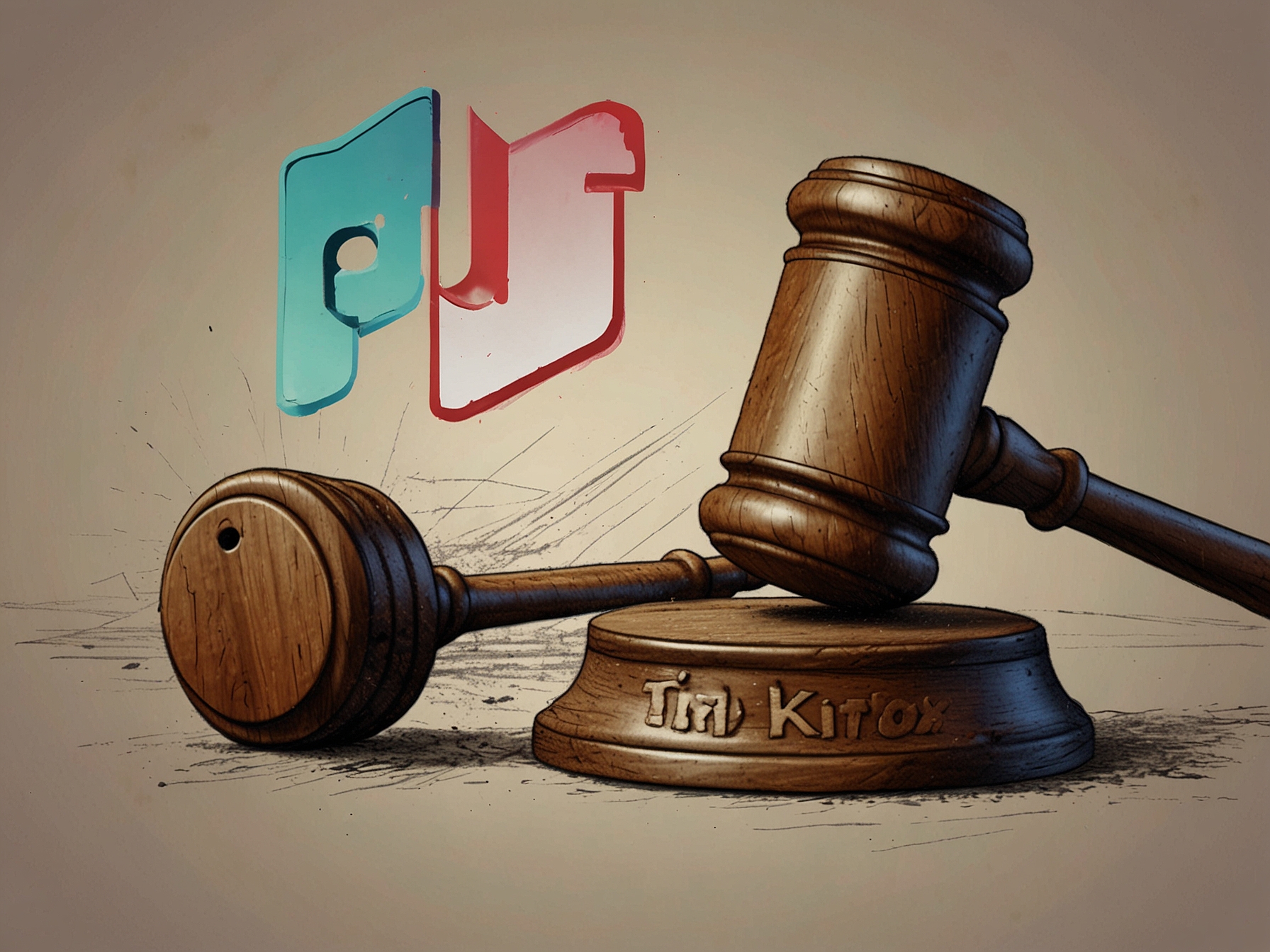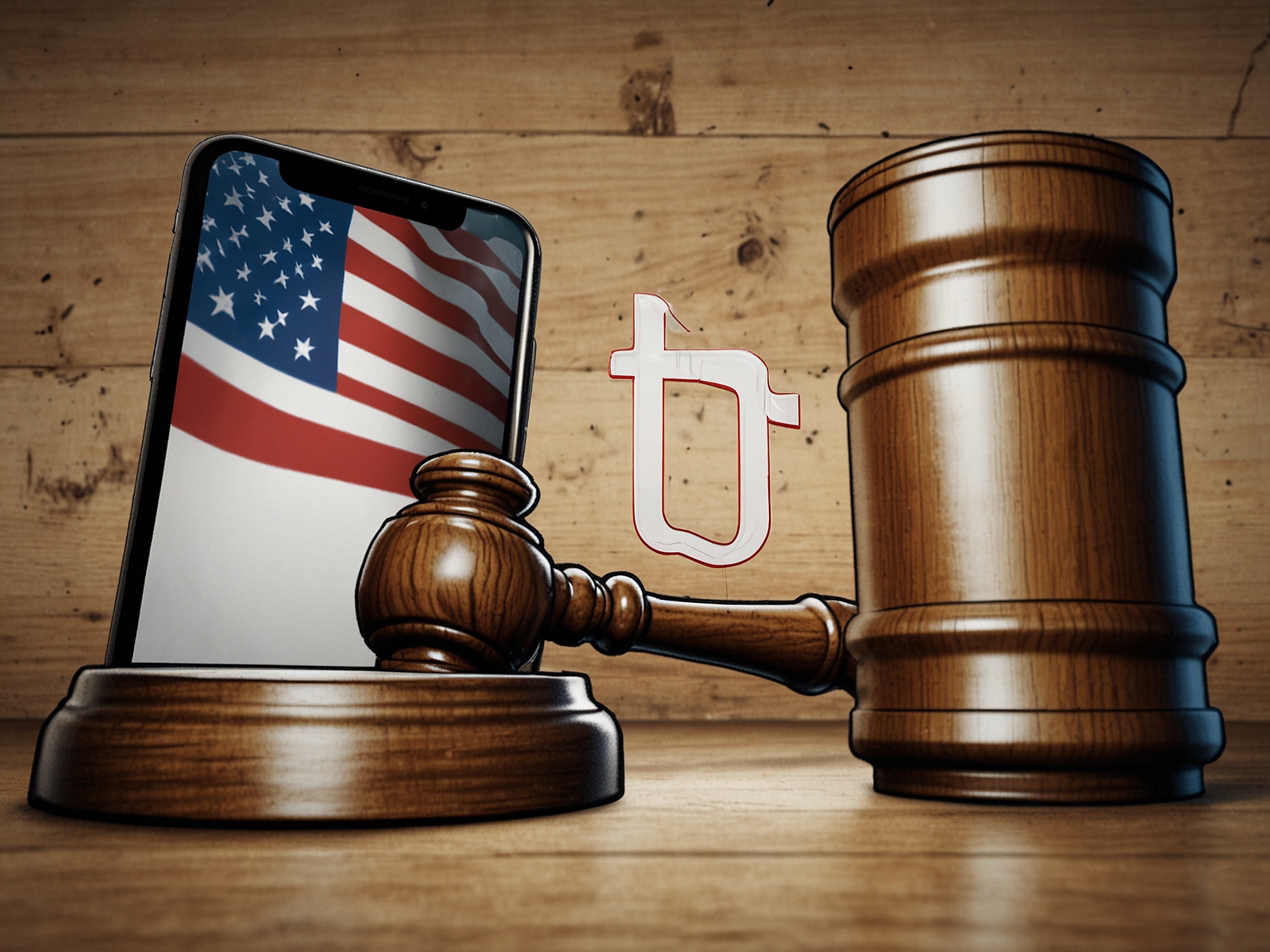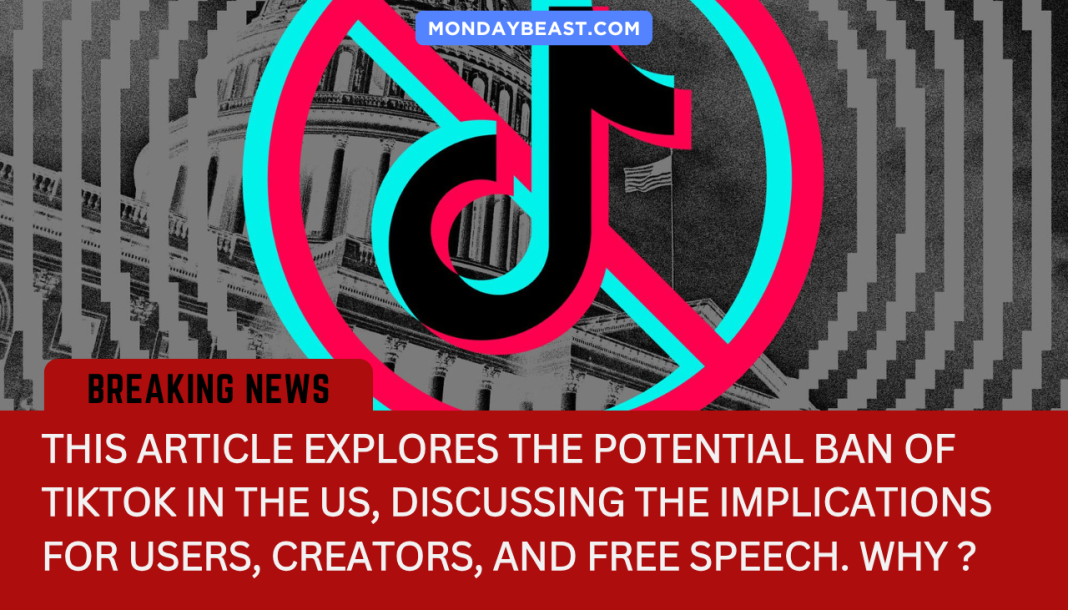The clock is ticking for TikTok. Recently, a US appeals court upheld a law that could lead to a full ban of the popular app in the United States. This ruling left many users in disbelief and concern for their digital space.
Just imagine a world without TikTok. With over 170 million American users, this app has become a canvas for creativity, self-expression, and even business. Yet, fears about national security loom large.

Does the government’s intervention protect users, or is it a grave infringement on free speech? The decision from the appeals court came as a blow to TikTok. After arguing against the law, the judges were not swayed.
They found no violation of the First or Fifth Amendment in the government’s campaign against the app. The ruling stated that divesting TikTok from its Chinese parent, ByteDance, is essential for national security. But what about the voices of millions?
Many TikTok creators express their worries. The ruling presents a risk to their livelihoods. The app has provided a platform for them to reach audiences and build careers.

Imagine being a small business owner relying on TikTok’s vast network; a ban could dismantle your hard work overnight. Moreover, users were quick to react. One user captured the mood succinctly—’This is nuts!’
The dissatisfaction echoes throughout the community. Creators feel targeted, thinking their expressive outlet is threatened, which raises the question: Why should a single platform experience such scrutiny? Meanwhile, the Biden administration stands firm.
Legislation, signed earlier, mandated that TikTok either undergo a sale to a non-Chinese entity or face a ban. The implications are profound. If TikTok cannot appeal successfully or divest swiftly, a ban could disrupt the digital landscape by January 19, 2025.

Looking ahead, experts like Jasmine Enberg highlight the potential fallout from such an outcome. Meta, YouTube, and Snap could experience a surge in users. But what about the smaller creators who depend on TikTok?
A shift could spell disaster for many who have cultivated their voice on the platform. Supporters of TikTok, like Patrick Toomey from the ACLU, describe the ruling as a dangerous precedent. He argues it infringes on First Amendment rights.
TikTok is viewed by millions as a necessary communication tool. So why isn’t this perspective receiving the same weight? Ultimately, TikTok has plans to appeal.
The company argues that the measures are based on flawed information and do not consider the platform’s role in America. Can the Supreme Court uphold the principles of free speech amidst growing concerns about national security?
However, fears that the law might face no opposition ultimately lead to uncertainty. Former President Trump, who once sought a ban against TikTok, seems ambivalent now. He questions whether a ban would benefit his rivals like Zuckerberg.
Will these political dynamics change the narrative? As TikTok faces off against legislative measures, multiple voices play a role. Users are reminded to advocate for their rights.
The responsibility lies with everyone to ensure their digital spaces remain free and creative. Whether you’re a TikTok enthusiast or a casual observer, these developments could reshape the social media landscape. Ensuring that digital platforms support freedom of expression remains a core debate in our evolving media environment.
The key is to stay informed and engaged. As this saga continues, the implications touch all facets of society—media, creators, small businesses, and users alike. Consider what a ban could mean for you personally.
Will you still feel empowered to express your voice? In conclusion, as the legal battle looms, we must ask ourselves: What do we want our digital future to look like?
Will we protect the platforms that enhance our lives, or let fear dictate our digital expressions? The answers remain to be seen in this critical moment.




